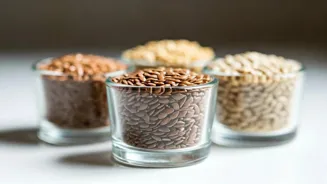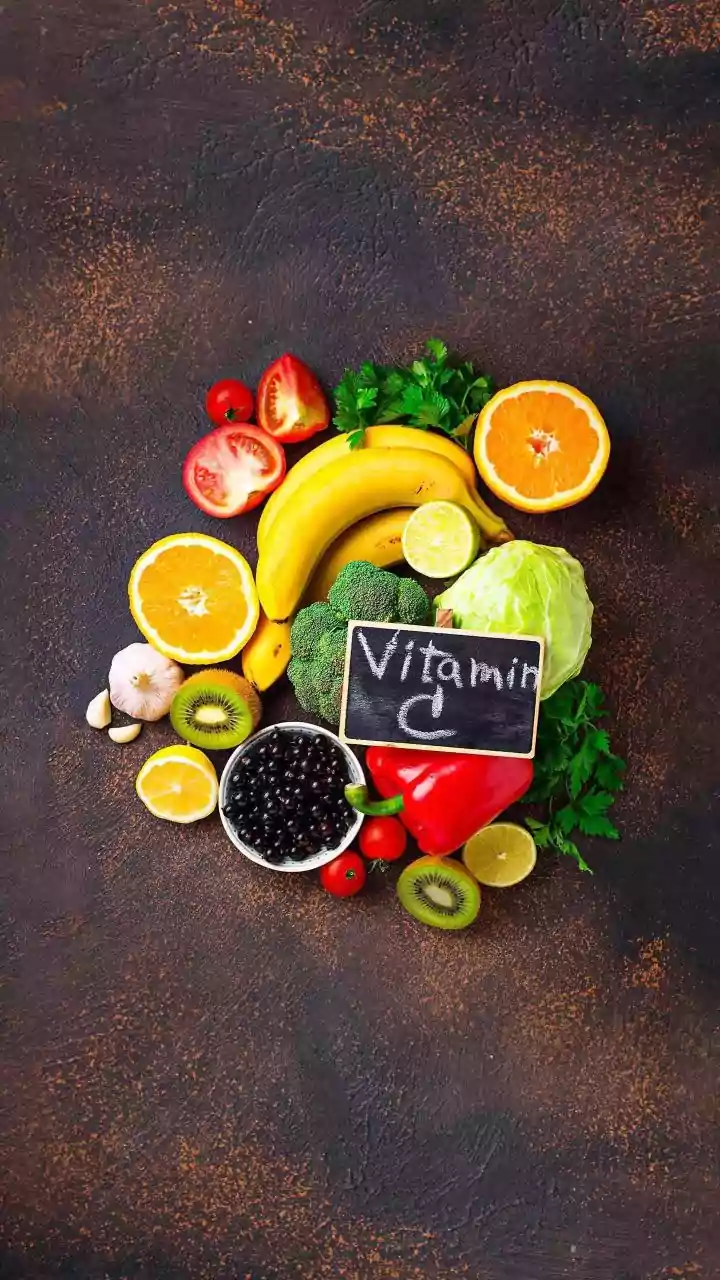Sesame Seeds Unveiled
Sesame seeds, a staple in many cuisines, are small yet mighty. These tiny seeds are a great source of essential minerals like copper, manganese, and calcium,
which support bone health and energy production. Additionally, sesame seeds are rich in antioxidants, such as lignans, which have been associated with protecting cells from damage. Regular consumption of sesame seeds might also improve cholesterol levels due to their high fiber content. They are particularly good for people who are vegetarian or vegan, as they are a good source of calcium. Incorporating sesame seeds into your diet is easy; they can be added to salads, sprinkled on bread, or used in stir-fries, offering a quick boost of flavor and health benefits.
Pumpkin Seed Power
Pumpkin seeds, also known as pepitas, are nutritional powerhouses. They are an excellent source of magnesium, a mineral that plays a key role in muscle and nerve function, as well as blood sugar control. Moreover, these seeds offer zinc, crucial for immune function and wound healing. Pumpkin seeds are also rich in antioxidants, particularly vitamin E, which protects the body against free radicals. Many people use pumpkin seeds as a snack since they’re tasty and easy to add to the diet. They can also provide a beneficial effect on prostate health. To reap the rewards of these seeds, try roasting them with your favorite spices for a tasty and nutritious snack, or sprinkle them over soups, salads, and oatmeal.
Flax Seed's Fiber
Flax seeds have a reputation for being extremely beneficial. One of the main reasons is their high fiber content, particularly soluble fiber, which helps lower cholesterol levels and supports digestive health. Additionally, flax seeds are packed with omega-3 fatty acids, essential for heart health and reducing inflammation. Flax seeds also contain lignans, which have antioxidant properties and may offer protection against certain cancers. Using flax seeds can be easily included into a diet; ground flax seeds can be mixed into smoothies, yogurt, or sprinkled onto cereals, and they are best ground up to aid with nutrient absorption. Remember to store flax seeds in an airtight container in the refrigerator to keep them fresh and prevent them from going bad quickly.
Chia Seeds' Benefits
Chia seeds are small, yet packed with nutrients. These tiny seeds are an excellent source of fiber, which aids digestion, and helps you feel fuller for longer, potentially aiding in weight management. Furthermore, chia seeds are also a good source of omega-3 fatty acids, which promote heart health and reduce inflammation. Chia seeds are a complete protein, meaning they provide all nine essential amino acids. They are also a good source of calcium, making them a great option for those who don't consume dairy. Chia seeds are very easy to add to your diet; they can be added to smoothies, yogurt, or even made into a pudding by soaking them in liquid. The versatility of chia seeds makes them a fantastic addition to any diet.
Sunflower Seeds' Boost
Sunflower seeds bring a boost of nutrients to any diet. These seeds are rich in vitamin E, a powerful antioxidant that helps protect cells from damage and supports skin health. Sunflower seeds are also a good source of magnesium, vital for energy production and blood pressure regulation. These seeds are also high in selenium, which is an important mineral for thyroid function and immune health. Sunflower seeds are also a good source of protein and healthy fats, which contribute to overall well-being. They can be enjoyed as a snack on their own or added to trail mixes and salads. Sunflower seeds are a simple, tasty way to give your diet a nutritional lift, offering benefits that impact your overall health and well-being.


















